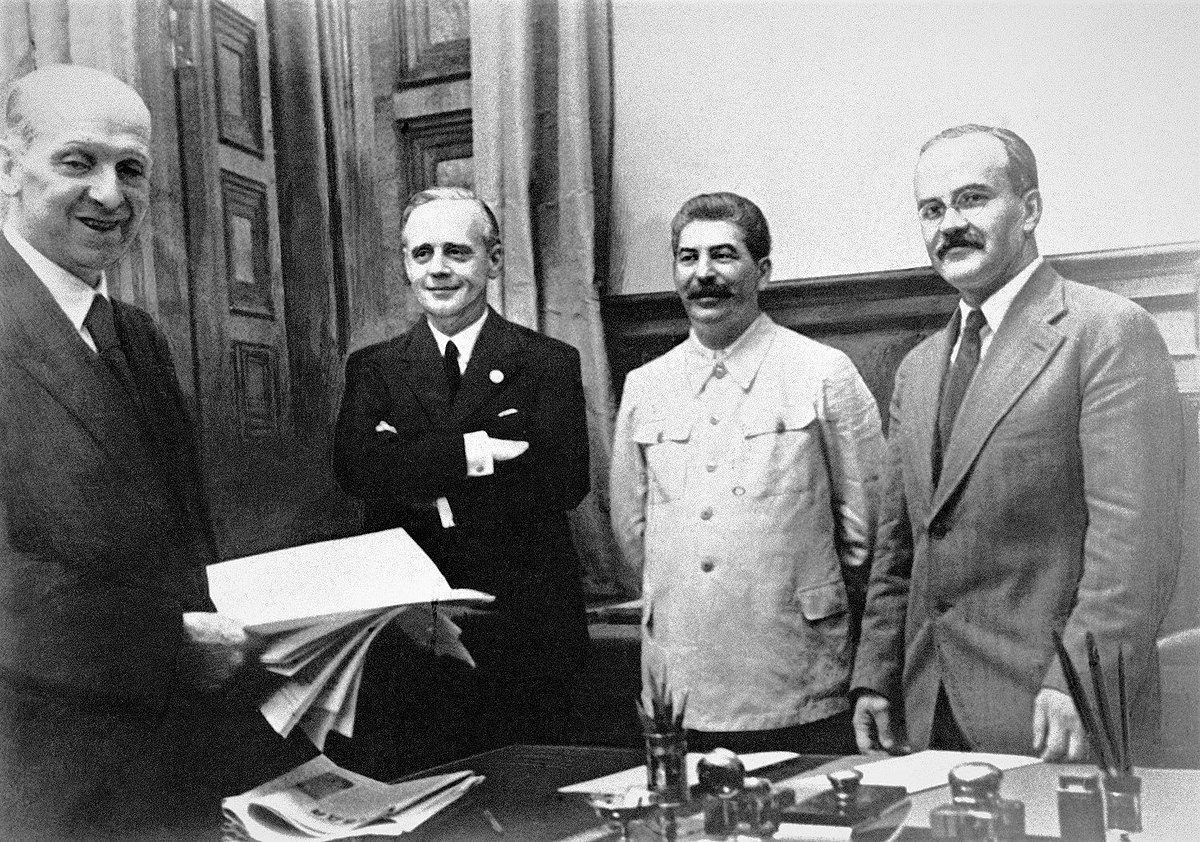How big companies impose their worldview

Polish enterprises, as part of their contracts with big companies, are made to sign documents on issues of tolerance for sexual or racial minorities. This is a dangerous phenomenon in business
Jowita Łosko
The official liberal-left narrative is all about tolerance and non-discrimination, but the reality is one of discrimination against people who are politically inconvenient because they value a conservative lifestyle. The Left as an influence group has outlined the one and only correct worldview, and there is no place in their project for traditional values, patriotism, or the Catholic faith. Such traits must be got rid of, because according to the new principles they equal fascism, xenophobia, and hate speech. Conservative beliefs may entail exclusion and trouble in professional life. Freedom in the leftist sense precludes (sic!) identifying with such values. Faced with the threat of losing their jobs or contracts with the business partners that are currently setting ideological trends, fewer and fewer people will be able to afford to defend their beliefs. Suffice it to mention the case of Polish soccer referee Szymon Marciniak, who had to disassociate himself from the conservative worldview before the Champions League final match, because such a perception of the world is not in line with political correctness – that is, the interests of the liberal-left lobby, which has been reorganizing Europe under the guise of acting for tolerance.
The ball is rolling. Big companies, in addition to doing business in the traditional sense, are now also busy with ideology. Their involvement stems from the fact that the world’s largest companies are set to benefit from these changes. In order to build up a new center of power, the role of governments – of, to some extent, still sovereign states – and the influence of the Church must be minimized. The Church promotes the traditional family model. It builds a sense of community. All this does not fit in with the concept of an “open society,” and does not help form devoted corporate workers.
Partner’s Code of Conduct
In addition to the internal documents that big companies direct to their employees, the business flow also includes documents relating to the broader business environment, i.e. business partners of all types. These include the “Supplier Code of Conduct” received by contractors, which describes the values and behaviors that should be upheld within the organization. This is because, apparently, big companies have high ethical standards and respect for human rights at heart.
In connection with the concern for high standards, “Codes of Conduct” are being sent to Polish companies (and not only Polish ones, of course) which cooperate with certain multinationals, providing them with services or products. The Polish contractors have to sign those codes. Such documents are widely available on the websites of these multinationals, as they are part of their official policies.
In addition to provisions on ties to public officials, issues of bribery or action against modern slavery, you will also find provisions on ethnic diversity, religion or sexual orientation. There is a clear message in this type of document that the company prohibits “all forms of discrimination” based on, for example, national origin or sexual orientation. In addition, it reserves the right to check whether a Polish supplier adheres to the defined values, and if the client company deems it necessary, it can terminate their contract for this reason.
The continuation of a contract can no longer be guaranteed merely by fulfilling the order correctly. There are additional details that allow a customer to terminate such a contract, making a supplier’s financial situation more difficult. What if a Polish business employs only heterosexual men, and perhaps even only Catholics? In the long run, will such a “discriminatory” approach to doing business allow it to remain in the market? This narrative is the song of the future, but you might already want to familiarize yourself with the tune.
An auxiliary tool for monitoring the proper behavior of a contractor is special corporate hotlines, through which anyone – even a person who is not an employee or a party to a contract – can report their observations about violations of the stated rules. At the same time, corporate documents will suggest to business partners that no consequences should be levied against a person who reports such observations.

One may wonder whether this is really about human rights or about expanding the control of new decision centers. Since the banners of the moral revolution display slogans of tolerance and freedom, and in fact freedom is diminishing for European citizens, a logical person cannot but wonder what the point is. And as the Polish saying goes, when you don’t know what’s at stake, it’s all about money, and in this case, about finances in a broad sense – and control over them.
Observing the way foreign companies operate, it is to be expected that the content of such documents will evolve. Naturally, all in the name of higher values.
Such a “Supplier Code of Conduct” is also used by a Polish oil company. There is a difference, though: it deals generally with human rights, respect for diversity, dignified and safe working conditions, and the requirement to behave professionally in B2B relations. For obvious reasons, it does not endeavor to sensitize the company’s suppliers to the flagship demands of the Left in its effort to reshape the identity of nation-states. And it is right that there are no such provisions, as they serve political purposes.
No one disputes the fact that human rights are a supreme value. However, we are now witnessing how they are being used as a tool for carrying out a moral revolution. In left-wing circles, on the issue of gender, instead of tolerance you have affirmation, and on the issue of patriotism and the Catholic faith, instead of tolerance you have discrimination.
There is actually no need to sensitize Polish contractors in business documents to the issue of discrimination based on sexual orientation. Poland has never lacked tolerance in this sphere: here homosexuality was never a crime. By contrast, in Germany, for example, it was only in 1994 that provisions on homosexuality were deleted from the criminal code.
I believe the fact that issues of ethnic diversity and sexual orientation are raised in documents directed by big companies to other (still) independent businesses is somewhat abusive. In the B2B relationship, it is a clear signal of what the policy choices of those intending to provide services to the big foreign companies should be. And this goes beyond the realm of traditional business.
THE MELONI EFFECT
To put things simply, the world can be divided into “Team Soros” and “Team Meloni.” One can actually distinguish two groups in “Team Soros”: people who are fully aware of this process, and people who do not delve into the meanderings of geopolitics and unreflectively believe in empty slogans about freedom and tolerance, supporting mass immigration. It is difficult to determine whether they are incapable of thinking in terms of cause and effect, or subconsciously adhere to Hegel’s philosophy that “if theory is contradicted by facts, so much the worse for the facts.”
Fortunately, there are still leaders ready to defend Europe from the effects of the open society project. Italy’s Prime Minister once made a bold statement in the public space, saying: “I am Giorgia, I am a woman, I am a mother, I am a Christian.”. Let’s hope that the “Meloni Effect” will help stop the ideological revolution in the business world. Naturally, you have to be realistic: this is not an easy task. Faced with the threat of losing €19 billion of EU recovery funds, Italy has backed the Migration Pact.
However, despite some degree of submission to the EU’s financial blackmail, only the conservatives offer a chance to wrestle back some competences for their own country. So let’s exercise our voting rights – every vote matters. As a famous Polish poet used to say, “an avalanche changes its course depending on the stones it rolls on…”
This article was published in August 2023 in “Do Rzeczy” magazine.



